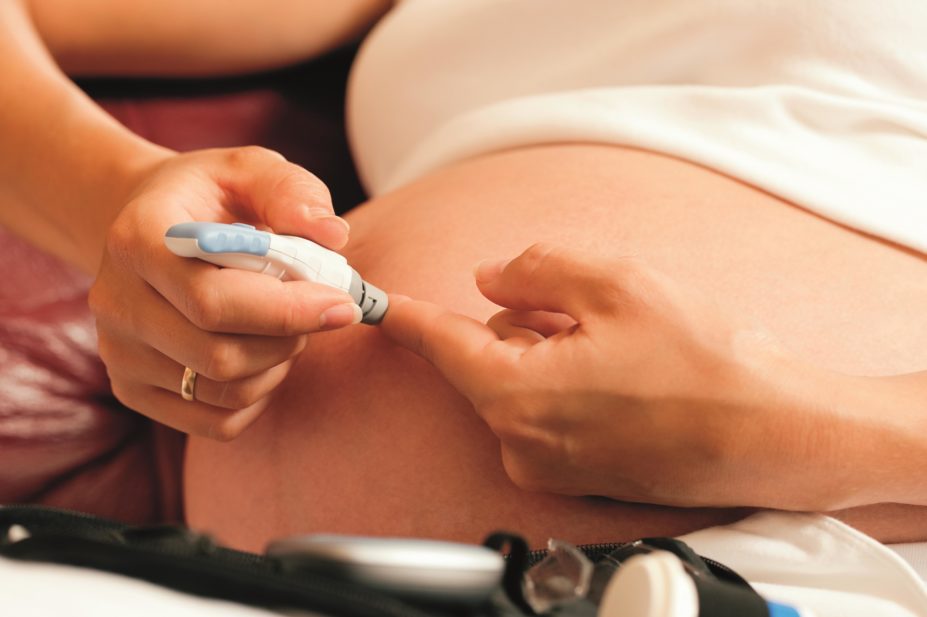
Kzenon / Shutterstock.com
Gestational diabetes (GDM) affects up to 5% of pregnancies in the UK and may lead to altered glucose metabolism in the offspring.
Research strengthens this theory, with the discovery that obese adolescents exposed to GDM in utero are six times more likely to develop impaired glucose tolerance (IGT) or type 2 diabetes during 2.8 years of follow-up versus non-GDM-exposed adolescents.
The study, published in Diabetologia (online, 25 August 2014)[1]
, also shows that oral disposition index – a measure of beta-cell function – is significantly lower in GDM-exposed versus non-exposed children, despite all children having normal glucose tolerance at baseline. This suggests an “early inability of the beta cell to compensate adequately in response to decreasing levels of insulin sensitivity”, according to Sonia Caprio, from Yale University, Connecticut, and co-authors.


